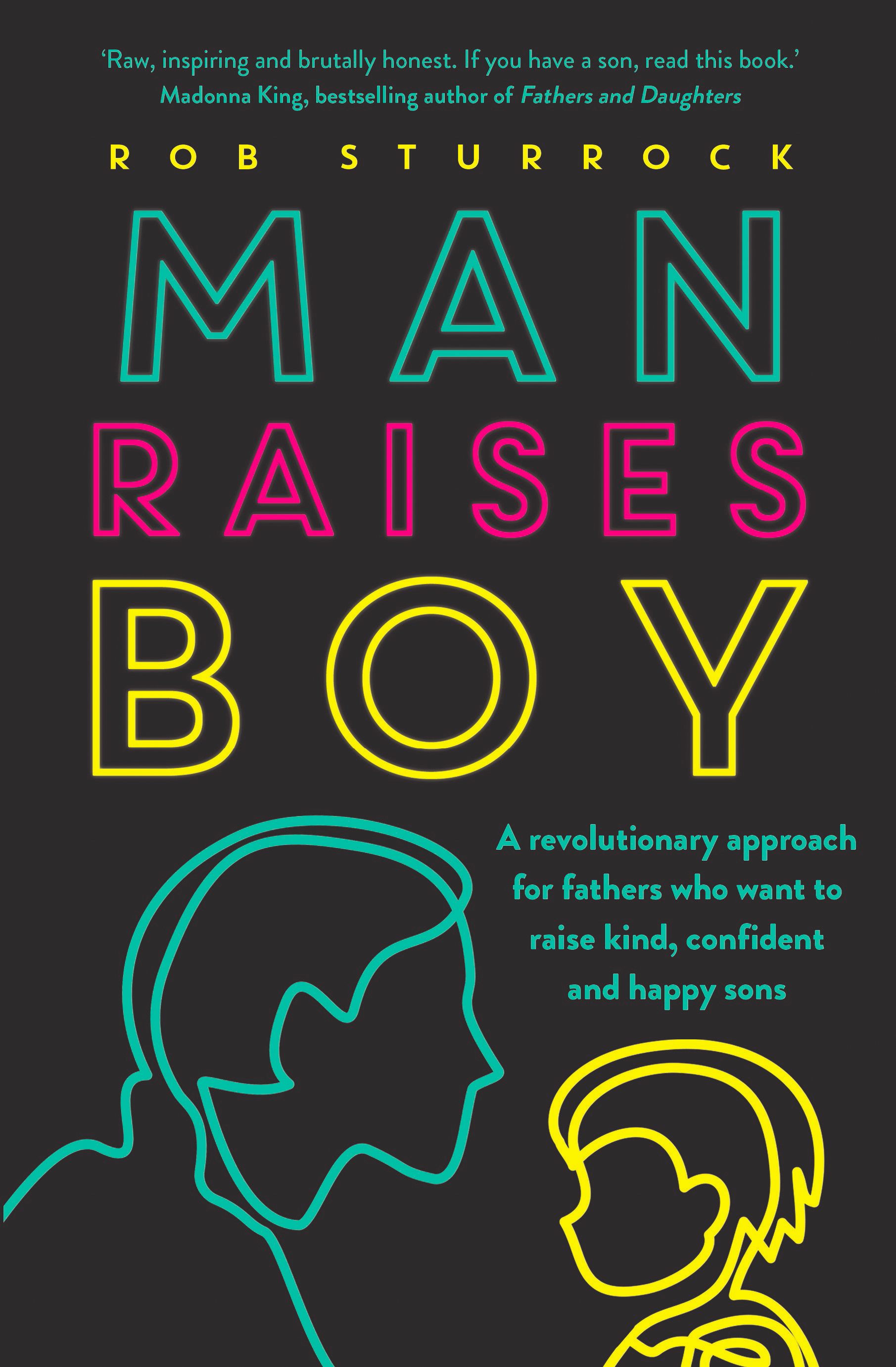Every family needs a breadwinner. Providing financial stability for your kids is one of the most important things you can do to ensure they grow up in a stable environment. And because the cost of living is so freaking high, that can be an incredibly stressful responsibility.
In 2013, the cost of raising two kids to Year 12 on a middle-class income was conservatively estimated at over $800,000, and in 2016 it was estimated that Aussie households with kids were spending between $1833 to $2085 per week to meet the cost of living. That’s why most families these days need two breadwinners: of those Aussie families with two parents, just over two-thirds of them have both parents working. The gender pay gap means there are still a lot of industries in which men get paid more than women for doing the same work. Similarly, male-dominated industries tend to have higher wages than female-dominated ones. No wonder many fathers have to focus on full-time work—it’s an economic imperative for their family.
But a dad is so much more than just a worker bee. He is more than a collection of paycheques, hours worked and job titles. A dad has much more to give to his family beyond security and stability. Yet my experience has taught me that we still talk about fathers almost exclusively in terms of being breadwinners. It still seems unusual if dads want to be the carers, even for a short period of time when their kids are still babies. Those who dare to care are often viewed as cute novelties, unmanly wimps or career suicides. Our dads deserve to have choice in how they want to be involved with their kids. They shouldn’t simply be trapped in male breadwinner roles.
From an early age, boys have the breadwinner message drummed into them, and the din gets louder as they become young men. Think about the number of images you see, in main-stream and social media, of dad walking into the family home after a long, hard day at work, dropping down to one knee and embracing his excited kids while they’re screaming, ‘Daddy!’ Melts your heart, right? Airlines, banks and insurance companies love using these fuzzy scenes in their advertising. In celebrating these images, we celebrate dad being away from home working. We idolise the concept of the male breadwinner, and remind men everywhere that they should aspire to that lifestyle.
I definitely drank the Kool-Aid when I was a teenager at one of those fancy, all-boy private schools overflowing with religion, wealth and entitlement. The school would bang on about how it was turning boys into ‘young men ready for the real world’. The aim was to transform us into real men with big careers—white-collar corporate drones, sports stars or soldiers. Real men fathered children, but caring for them was not something they did. They earned big coin (and played golf).
That’s exactly what my dad, an old boy of the same school, had done. He’d done what society told him to do, and he did his absolute best, no doubt; he had a stellar career. The result, though, was that my relationship with my father, as I grew up, was characterised by his absence. He walked in the door 6.30 or 7 p.m. each night, grabbed a Scotch and watched the news. Even as a kid, I could tell he was beyond exhausted. He had nothing left to give after a long commute and a pressured day running a major company. He travelled a lot as well—overseas when I was in primary school and my early teens, and then back and forth to Canberra for almost a decade when I was in high school. We know now that it’s between the ages of six and fourteen that young boys are working out what manhood is all about, but my dad wasn’t there for a lot of that time. He was working hard for the money.
Spoiler alert: men are not biologically predetermined to be breadwinners. It isn’t some masterfully designed, carefully researched social project aimed at delivering happy, cohesive families. The male breadwinner paradigm is simply a by-product of the Industrial Revolution, the economic disruption that started in the English midlands in the mid-eighteenth century. That’s also when modern notions of father-hood were born.
With the growth of factories and cities as places of employ-ment, men increasingly started leaving the family homestead to go elsewhere to work. The emergence of new technologies also made it easier to do domestic tasks at home.4 Instead of working alongside the wife and kids, dad spent most of the day labouring somewhere else. Family relationships started to change, as a father’s primary responsibilities were to his boss, not to his wife and children.
These major economic changes brought about profound social change, and triggered a process whereby dads started to become less involved with their kids. The art of fatherhood, which had stood strong for centuries, started to transform. On the flipside, mum stayed behind to tend to the home with the children, and so she picked up more of the domestic tasks. The Industrial Revolution spread to other countries across the world, where the pattern repeated.
Creating a better world for dads in the 21st century won’t just be about finding new ways of doing things. It will also be about reviving old ways of fatherhood that almost died out during the last 300 years. Until the cusp of the Industrial Revolution, both mothers and fathers were jointly responsible for taking care of things at home. Men worked on the land and were near their families all the time. They were actually stay-at-home dads. Hell, ‘husband’ is an old-timey word for a man’s bond with his house—it literally means a connection with home!5 Fathers in Britain and Western Europe were doing all kinds of domestic tasks, like cobbling shoes for the family, and making the cradle for the soon-to-arrive baby.6 In the American colonies, fathers were often predominately in charge of bringing up their kids.
This is an edited extract from Man Raises Boy by Rob Sturrock, published by Allen & Unwin, out now.

